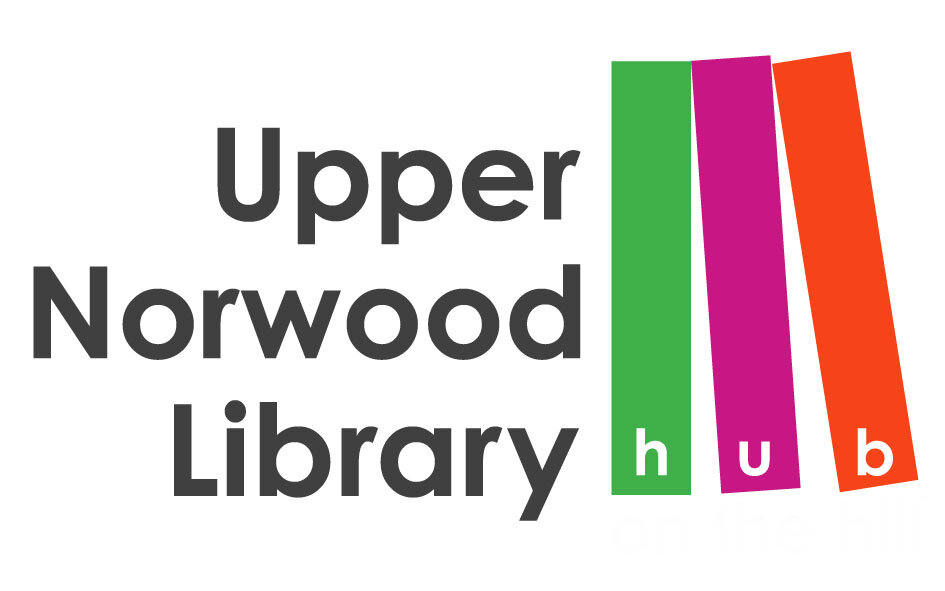Big Energy Saving Network - 2020/21
The Big Energy Saving Network (BESN) is an outreach initiative which aims to engage and empower vulnerable individuals to make informed decisions on how to make their energy expenditure more affordable. Trust in energy companies is low across all population groups and vulnerable consumers tend to be amongst the most disengaged in the energy market and the least likely to switch energy supplier or tariff, often requiring more intensive support to engage.
The team have worked incredibly hard over the last 6 months to deliver the Big Energy Saving Network project during a very difficult year, having to take 100% of the delivery, which would usually be done face-to-face, online.
Georgina Foster - Energy Advisor
Delivering the BESN project involved a range of advice and support in order to both equip consumers with the knowledge and skills in order to achieve the project goals as well as guide consumers in a more hands-on manner through the process of switching energy suppliers and dealing with fuel debt.
Here are some headline outcomes…
This years BESN project saw huge savings for consumers averaging out as just over £86 per household saved each year. The advice and support given to consumers is a sustainable way for individuals to continue to save money next year as well
The Priority Services Register is a free service provided by suppliers, open to vulnerable consumers offering services such as advanced notice, security provisions and meter reading support.
The Warm Home Discount is a £140 discount on winter fuel bills directly from the supplier.
Through a blend of 121 advice sessions, group meetings, presentations, and telephone follow-up calls, UNLH succeeded in supporting 320 consumers in the local and wider community
121 sessions allow our advisors to concentrate on specific issues which consumers are dealing with for example: debt with a provider, issues accessing offers and information online or language barriers.
Group sessions enable to us to reach a greater number of consumers, particularly those in vulnerable categories through lunch groups and carers meetings. Talks and presentations allow us to give advice, tips and explain confusing terms.
Frontline Worker Training
We also delivered another area of the project focused on training ‘Frontline Workers’, those in the community in a position to engage with consumers, particularly those considered vulnerable, with advise and signposting.
This involved offering online training on: Fuel Poverty and the context alongside the Covid-19 pandemic, how to deliver advise on switching and saving, energy efficiency measures, grants and support available and information on other organisations and partners that can assist further.








